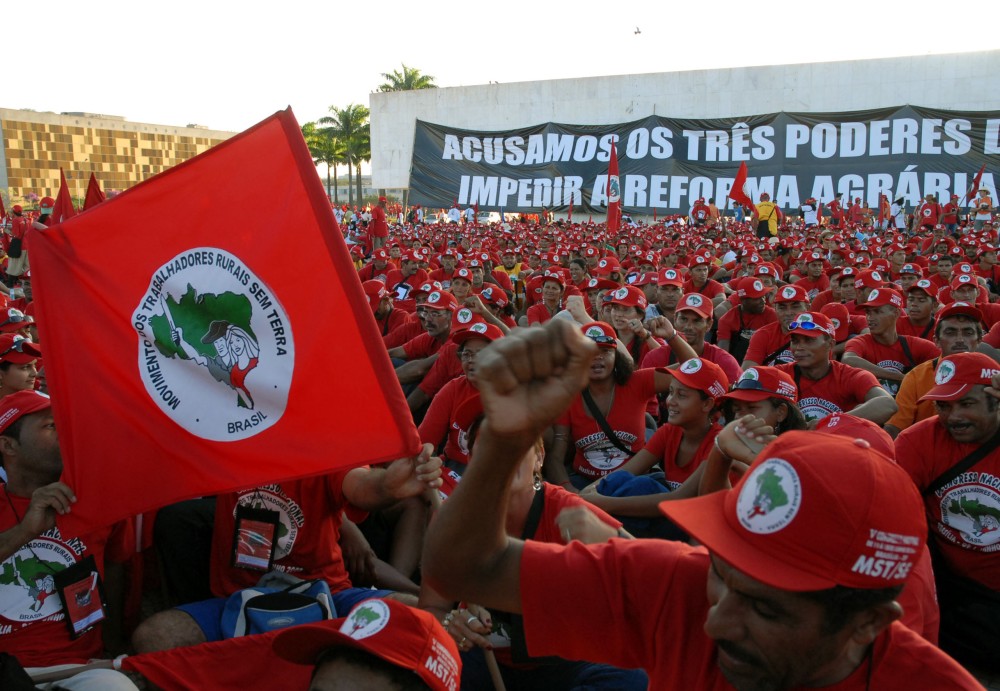Let's make Earth Day about the Earth martyrs
Flowers and creation hymns aren't going to cut it this year.

This weekend, many churches will celebrate Earth Day. Preachers will extoll the beauty of God's creation. Hymns like “This is My Father’s World,” “Earth and All Stars,” and “For the Beauty of the Earth” will be sung. The emphasis will be on celebrating the glories of creation.
I can't do it this year.
When I was a pastor I would place a pot of soil, a watering can, and a basket of seeds on the altar and invite the children to help me bless them. We would invite congregants to bring their garden tools and gloves, wheelbarrows, and even tractors to church, and we would process outside and ask for God’s blessings on our labors for and with the earth. Everyone would choose a packet of seeds from the basket and depart with the promise of spring and new life—and with the satisfaction that we had done our part for God’s creation.




